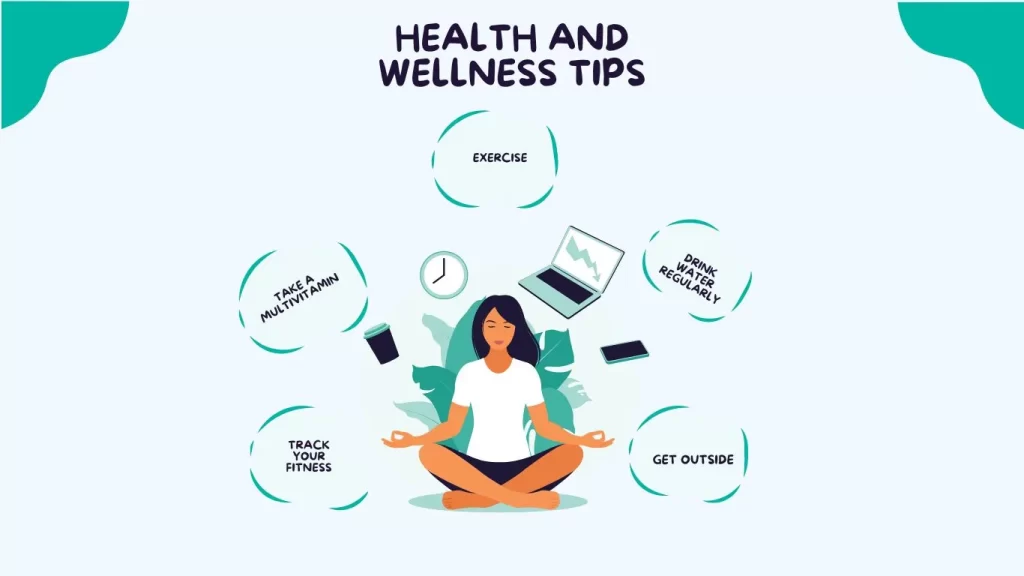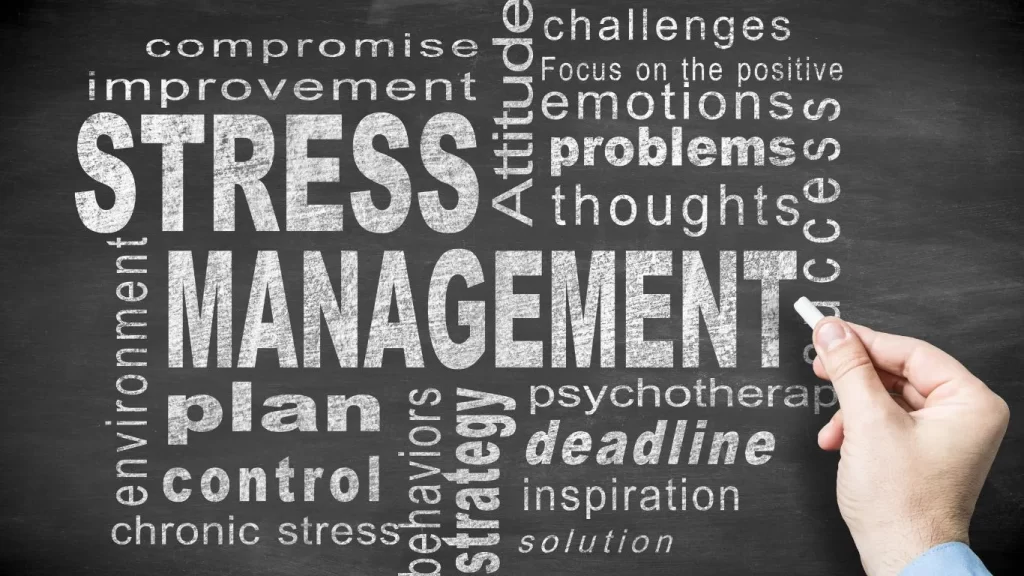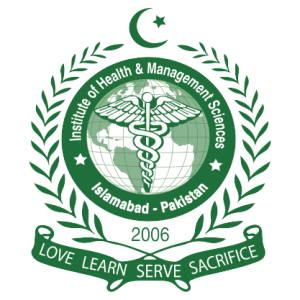Table of contents
Introduction
In today’s fast-paced world, the pursuit of holistic health and wellness is more than a trend; it’s a necessity. The harmony between physical and mental well-being creates a foundation for a fulfilled and energetic life. Understanding the essentials of health and wellness is not just about avoiding illness; it’s about thriving, finding work-life balance, and embracing a vibrant existence.
This blog post is designed to be your go-to guide for health and wellness tips, offering practical advice on maintaining both physical and mental health. We’ll dive into the critical role of nutrition and exercise, revealing how proper nourishment and physical activity are cornerstones for a healthy life. For busy individuals, especially healthcare professionals, we’ll also explore actionable stress management techniques to alleviate the pressures of everyday life.
Whether you’re looking to enhance your mental well-being, fine-tune your diet, or discover new ways to manage stress, this comprehensive guide has something to offer. Join us as we unlock the secrets to a balanced and fulfilling life, aligning with the principles of holistic health, mental well-being, and achieving that ever-elusive work-life balance.
Practical advice for maintaining physical and mental health
In the pursuit of optimal health and wellness, the connection between mind and body cannot be overlooked. Emphasizing both mental and physical health, this section of our guide will explore essential strategies and habits that can lead to a more fulfilling and balanced life.
- Daily Routines and Habits: Building a daily routine that includes exercise, balanced nutrition, and self-care can cultivate consistency and wellness. These practices, over time, become cornerstones in maintaining both physical vitality and emotional wellness.
- Sleep Hygiene: A crucial aspect of health is sleep hygiene. Quality sleep is foundational to mental clarity, emotional stability, and physical recovery. Establishing a regular sleep schedule and creating a calming bedtime routine can profoundly impact overall well-being.
- Mindfulness Practices and Meditation Techniques: In an increasingly busy and connected world, mindfulness and meditation are vital tools for fostering the mind-body connection. Whether through guided meditation, breathing exercises, or simply taking moments to pause and reflect, these practices can reduce stress and enhance mental well-being.
- Self-Care Routines: Taking time for oneself, engaging in hobbies, and nurturing relationships can create a sense of fulfillment and joy. These self-care routines are integral to maintaining emotional wellness and a balanced life.

The synergy between the body and the mind forms the essence of true health. By embracing these practices and understanding their interconnection, you can unlock a path to comprehensive wellness. Engage in mindful self-care routines, recognize the importance of sleep, and adopt habits that honor the unique relationship between the physical body and mental state.
Remember, health and wellness are not merely the absence of disease; they are the presence of vitality, joy, and a sense of alignment with oneself. Start your journey today, and embrace the principles that lead to a thriving life.
The role of nutrition and exercise in wellness
A vibrant and energetic life demands more than just the absence of disease; it requires a holistic approach to well-being, where nutrition and exercise play vital roles. Understanding the nuances of these elements can transform your health and wellness journey, leading to a more fulfilled existence.
- Understanding Nutrient-Dense Foods and Their Importance: Nutrient-dense foods, rich in vitamins, minerals, and antioxidants, are fundamental to well-being. Incorporating whole grains, lean proteins, healthy fats, and a rainbow of fruits and vegetables can boost energy levels and overall vitality.
- Introduction to Plant-Based Diets and Superfoods: Embracing plant-based diets and superfoods is an emerging trend in holistic health. Foods like berries, nuts, spinach, and quinoa offer immense nutritional value, promoting weight management, and supporting overall wellness.
- Fitness Routines: Strength Training, Aerobic Exercise, Flexibility: An active lifestyle contributes significantly to health and well-being. Building a routine that includes strength training, aerobic exercise, and flexibility exercises can enhance physical fitness, improve mental clarity, and support weight management.
- Hydration and Its Role in Wellness: Often overlooked, hydration is key to both physical and mental performance. Drinking adequate water supports digestion, improves skin complexion, and even aids in sports nutrition performance.

By embracing the principles of nutrition and fitness, you can craft a personalized approach to health and wellness. Explore nutrient-dense foods, experiment with plant-based diets, and find joy in physical activity. These are not mere trends but time-tested strategies that form the cornerstone of well-being.
Emphasizing sports nutrition, being mindful of weight management, and engaging in aerobic exercise will help you build a lifestyle that resonates with health, wellness, and the pursuit of a vibrant, thriving life.
Stress Management Techniques: A Path to Well-being and Resilience
In the demanding field of healthcare, stress management becomes not only a personal goal but a professional necessity. Balancing health and wellness, especially for those who dedicate their lives to caring for others, is paramount. In this part, we’ll explore specific strategies tailored for healthcare professionals, though anyone feeling the pressures of modern life can benefit.
- Identifying Signs of Burnout and Stress: Burnout and stress manifest in both physical and emotional symptoms. Recognizing signs like fatigue, irritability, or feelings of being overwhelmed can be the first step toward stress resilience.
- Time Management and Coping Strategies: Managing time effectively can mitigate feelings of chaos and control. Techniques like prioritizing tasks, setting boundaries, and allowing for breaks can foster well-being and ward off compassion fatigue.
- Relaxation Techniques and Support Systems: Relaxation is not merely the absence of work; it’s an active process of rejuvenation. Practicing relaxation techniques like deep breathing, meditation, or even hobbies can replenish energy and support mental health.
- Importance of Mental Health Support: Seeking professional support or relying on a trusted friend or family member can make a significant difference in overall wellness. Sharing feelings and experiences can build emotional strength and resilience.

Health and wellness in the field of healthcare require a nuanced approach. Recognizing the unique challenges faced by professionals, we can tailor strategies that emphasize stress resilience, address compassion fatigue, and promote relaxation techniques.
Embracing these principles is not only about surviving the demands of a healthcare profession; it’s about thriving in it. It’s about building a life that acknowledges the pressures while equipping oneself with tools to navigate them effectively. It’s about health, wellness, and a commitment to self that enables the best care for others.
Conclusion: Embracing Health and Well-being in Everyday Life
In the dynamic journey of life, health, and wellness are not merely destinations but continuous pursuits. The interplay between physical vitality, mental clarity, and emotional well-being sets the stage for a thriving existence. This comprehensive guide has offered insights into several key areas:
- Practical Advice: From daily routines to sleep hygiene, we’ve explored how simple habits can lead to profound changes in overall well-being.
- Nutrition and Exercise: Understanding nutrient-dense foods, plant-based diets, and fitness routines emphasizes the role of active care in achieving holistic health.
- Stress Management for Healthcare Professionals: Special attention to the unique challenges faced by healthcare workers, with strategies for resilience and relaxation.
The path to wellness is an individual one, yet universal principles guide the way. Embrace the mind-body connection, engage in self-care routines, and prioritize emotional wellness. Recognize that health is not a static state but a vibrant, ever-changing balance.
Your journey to health and wellness starts now. Whether it’s adopting a balanced diet, exploring stress management techniques, or committing to a new fitness routine, take the first step today. Allow this guide to be a companion in your pursuit of a more fulfilled, vibrant life. Remember that every positive change, no matter how small, is a step towards a healthier, happier you.
FAQs
Create a schedule that includes time for exercise, balanced meals, sleep, and mindfulness practices. Consistency and personal preferences are key.
Bodyweight exercises like squats, push-ups, lunges, and planks, along with routines like yoga or pilates, are great for home fitness.
Nutrient-dense foods contain high levels of vitamins, minerals, and antioxidants per calorie. They promote overall health and energy levels.
Begin by incorporating more vegetables, fruits, grains, and plant proteins. Benefits include weight management and reduced risk of chronic diseases.
Common signs include fatigue, irritability, decreased performance, and feelings of being overwhelmed. Recognition requires self-awareness and monitoring for changes in behavior or mood.




